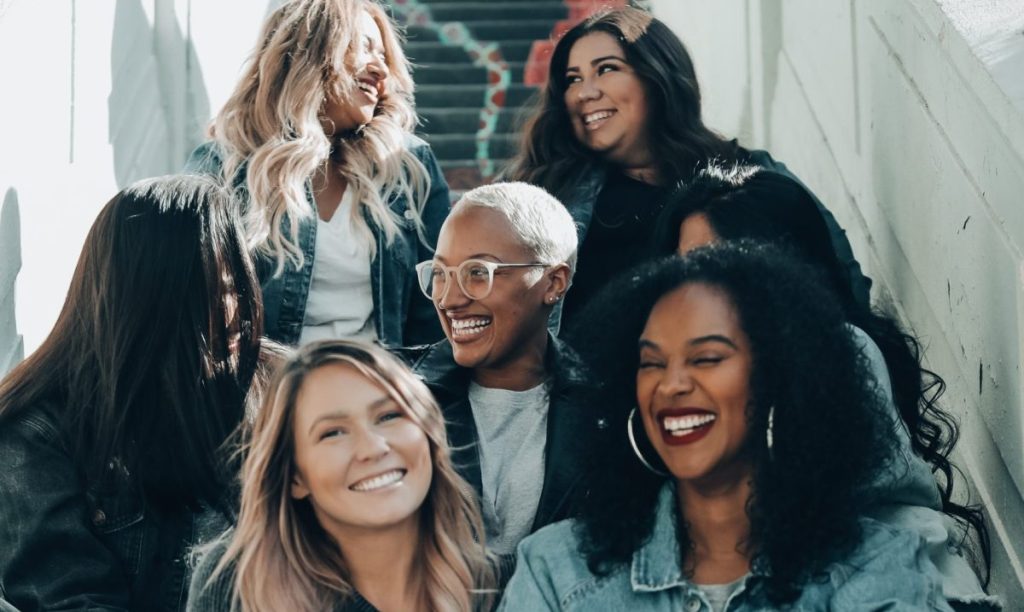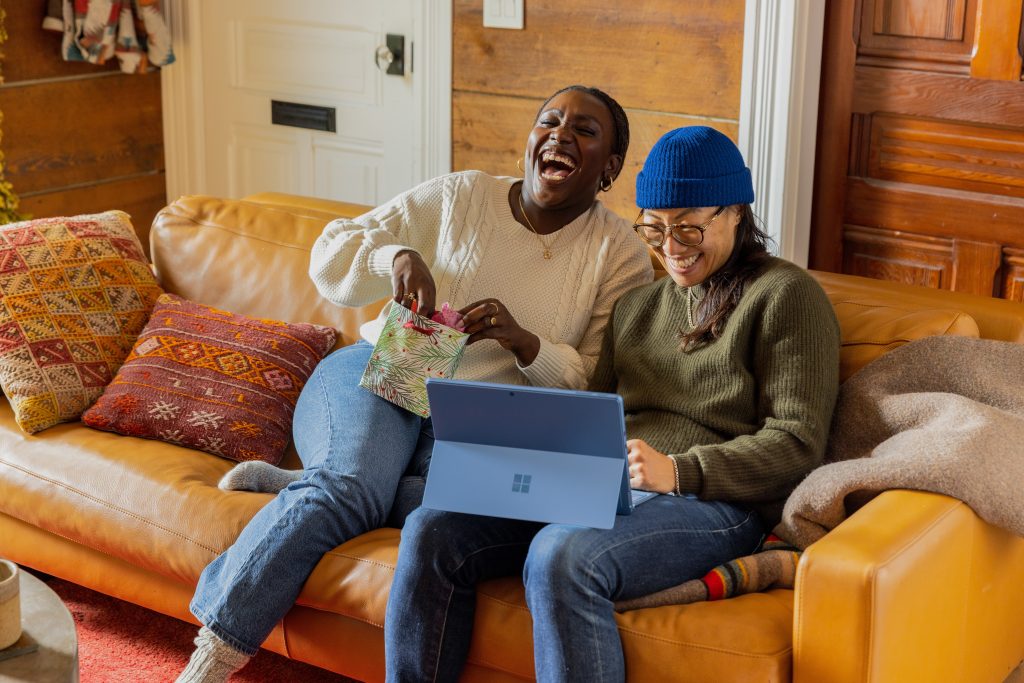
Intentionally Supporting a Friend with Cancer
Supporting a friend or loved one who has been diagnosed with cancer can be overwhelming and emotionally taxing. It’s important to remember that, as a friend, you have the power to improve on your loved one’s experience. However, it’s crucial to be intentional in your support to ensure that you provide the most effective and beneficial assistance possible.
Understanding Your Role and Setting Intentions
To be intentional, start by clarifying your priorities and goals in supporting your friend. This clarity will help you align your actions with your goals and determine how you will spend your time and energy. For instance, if your aim is to offer tangible support, consider helping with household chores, preparing meals, or driving to appointments. Taking notes during medical visits can also be immensely helpful!
Fostering Connection and Communication
If your goal is to ensure your friend feels less alone, create opportunities for regular in-person or virtual interactions. Continue to include them in social events, understanding that they might not always be able to participate. Should your focus be on being a supportive listener, understand their preferred communication style and be consistent in your approach.
Practice active listening
One of the most important things to keep in mind when supporting a friend with cancer is to listen actively and be present. Cancer can be isolating, and many people feel they are facing their diagnosis alone. You can help your friend feel heard and understood by actively listening and being present. This can be as simple as asking how they’re feeling, being available to talk, or simply being there to hold their hand.
View this post on Instagram
Respect their boundaries
Another critical aspect of supporting a friend with cancer is respecting their boundaries. Everyone’s experience with cancer is different, and what one person needs or wants may not be the same as another. It’s important to ask your friend what they need and to respect their wishes. For example, if they don’t want to talk about their diagnosis, please respect that.
Words Matter
Be mindful of the language you use when talking to your friend about their cancer. Avoid using language that minimizes or trivializes their experience. For example, starting your response with “At least…” immediately minimizes their feelings. And avoid making assumptions about what they are going through. Instead, use language that is inclusive, empowering, and non-judgmental. For example, instead of saying “I know exactly how you feel, my _____ had _____” try something that acknowledges their experience is unique to them. Instead use “That must be really difficult” or “I can’t imagine what was that like for you.”.
Offer practical support
In addition to emotional support, you can also provide practical assistance. For example, you can offer to drive your loved one to appointments, help with grocery shopping, or help with cooking meals. These small acts of kindness can make a big difference in the life of someone going through cancer treatment.
Be consistent when supporting a friend
Support for a friend with cancer is not a one-time effort. The need for support doesn’t end when treatment ends. The road ahead is often long and difficult. Be patient and understanding, and continue being there for your friend through all the ups and downs.
Balancing Support with Self-Care
Supporting a friend with cancer is a challenging but rewarding endeavor. Remember: You can’t be a good supporter if you’re running on empty. Balance your own needs with the needs of your friend. Whether that’s ensuring you schedule in your own self-care, start therapy, etc. Think about what you need in order to feel like you can support your friend without sacrificing your own well-being. By being intentional, actively listening, respecting boundaries, using supportive language, offering practical help, and being patient, you can make a significant difference in your friend’s life during their cancer experience.

Learn more about supporting a friend:
- Learn how to b-there for your friend with cancer
- Download the Supporter Roadmap
- Follow us on Instagram
- Learn more about the b-present Foundation

